Electrolytes are a cornerstone of your health, playing essential roles in many of your body’s key functions. Despite their crucial importance, they are often misunderstood or even overlooked. To fully grasp the concept of health and wellness, understanding electrolytes and their roles is pivotal. This post will dive into what electrolytes are, their specific roles in your body, and the possible implications of electrolyte imbalances. By taking this journey, you can better understand your body, enabling you to take steps toward improved health and well-being.
What Are Electrolytes?
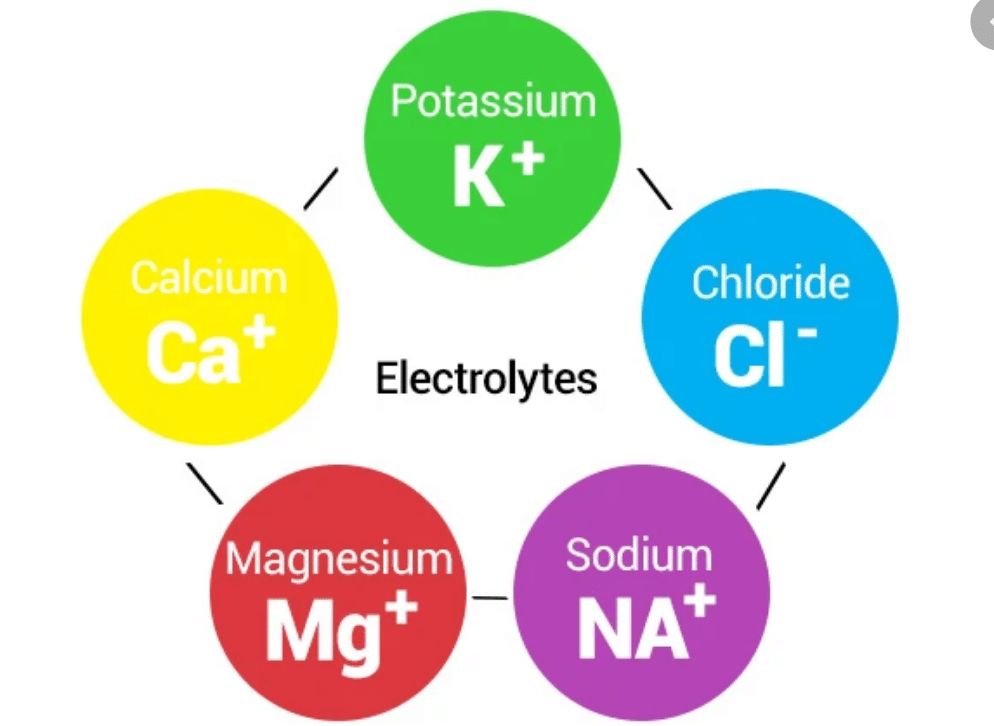
Electrolytes are minerals that dissolve into positive and negative charges when they enter your body fluids. These charges are vital for various bodily functions, including hydration, nerve impulses, and muscle contractions. The primary electrolytes in your body are sodium, potassium, calcium, bicarbonate, magnesium, chloride, and phosphate.
Each electrolyte plays a unique and indispensable role in your body. Sodium, for instance, helps control fluids in the body, influencing blood pressure. On the other hand, calcium is integral to the health of your bones and teeth. As you continue through this post, you will further explore the specific roles and importance of each electrolyte.
Electrolytes And Cellular Function
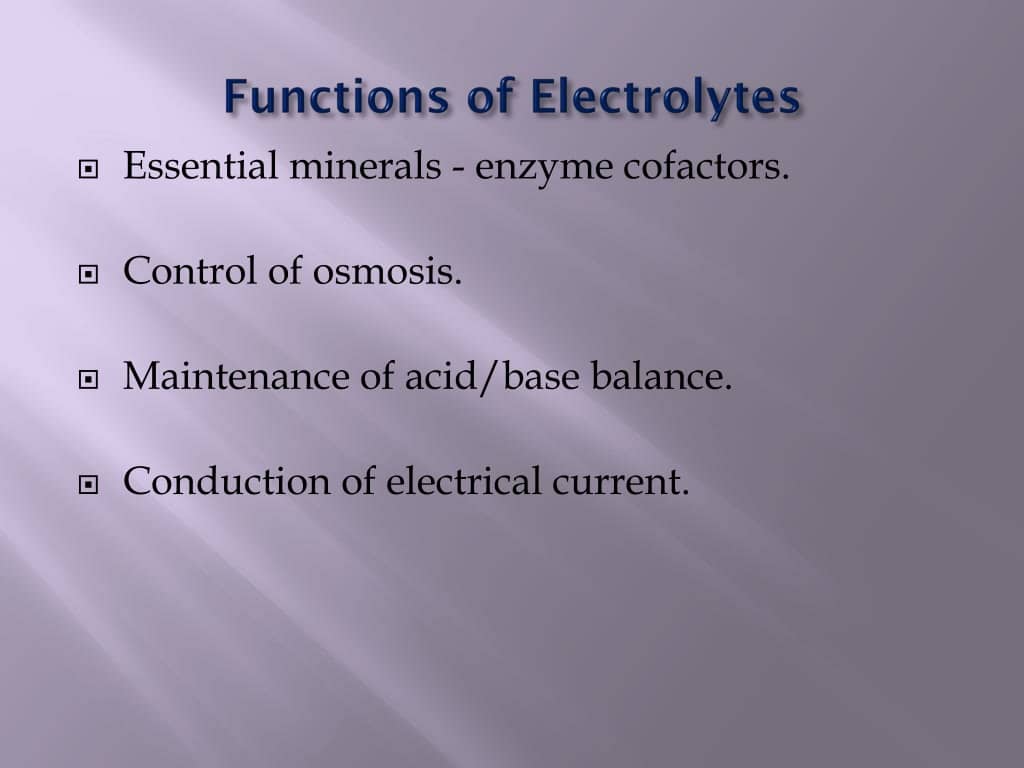
Electrolytes are integral for maintaining the cell’s membrane potential, which is crucial for many cellular processes. A gradient of electrolytes across the cell membrane maintains this potential. It enables the passage of signals in neurons, muscle contraction, and heart function. Essentially, electrolytes’ role at the cellular level affects every function in your body.
Moreover, they are responsible for facilitating nerve impulse transmission. Electrolytes allow cells to generate energy, maintain the stability of cell walls, and to function overall. They create an environment that enables the transmission of electrical signals from the brain to the rest of the body, allowing you to move, think, and feel.
Electrolytes And Fluid Balance
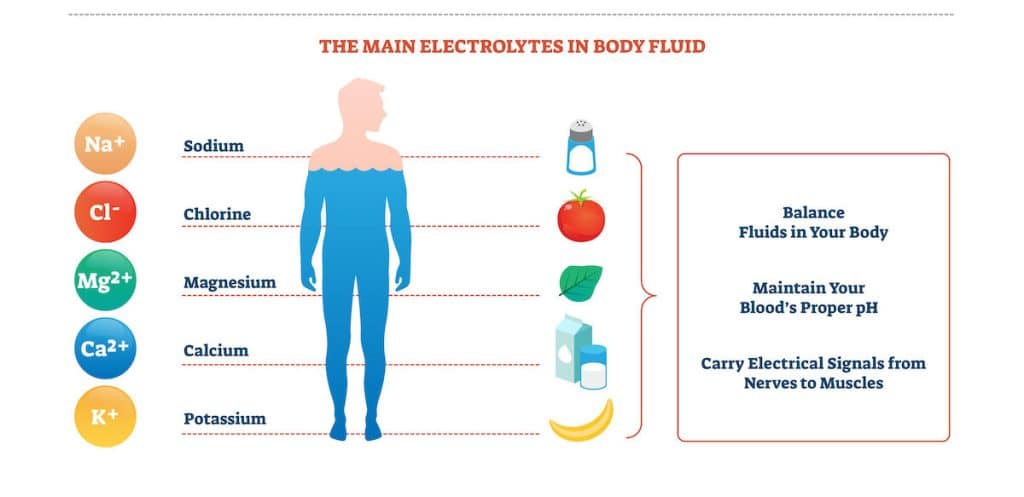
Fluid balance is a carefully regulated system that involves keeping the body’s water levels stable. Electrolytes, specifically sodium, play a crucial role in this balance. Sodium holds a key role in managing the body’s fluid balance by sending signals to the kidneys, dictating whether to hold on to water or remove it from the body.
Conversely, when electrolyte levels are imbalanced, it can lead to fluid imbalance. For instance, excessive sodium can lead to fluid retention, resulting in swelling and high blood pressure. In contrast, low sodium levels can lead to dehydration. Therefore, a balanced intake of electrolytes is vital for maintaining healthy fluid balance in your body.
Electrolytes And pH Regulation
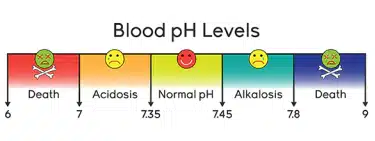
Maintaining the body’s pH level within a narrow range is crucial for overall health. Electrolytes, particularly bicarbonate, play a significant role in this. Bicarbonate serves as a powerful pH regulator, neutralizing acids in the body to maintain a stable pH level, around 7.4 in the bloodstream.
When your pH is imbalanced, it can lead to acidosis or alkalosis – conditions that can be detrimental to your health. Acidosis results from excessive acidity in the blood and other body tissues, while alkalosis is the result of too much base. Both can lead to severe health conditions, underlining the importance of electrolytes in maintaining the body’s pH balance.
The Importance Of Sodium

As discussed earlier, sodium is a crucial electrolyte in the human body and is integral in maintaining fluid balance. Sodium works with potassium to maintain proper fluid balance and also helps regulate blood volume and blood pressure. Without a sufficient amount of sodium, these systems would fail to function correctly, leading to health complications.
Additionally, sodium is responsible for facilitating nerve and muscle functions. It is involved in the process of transmitting nerve signals and prompting muscle contractions. Low levels of sodium, a condition known as hyponatremia, can lead to symptoms such as fatigue, seizures, and nausea. Conversely, high sodium levels, or hypernatremia, can lead to thirst, swelling, and high blood pressure.
The Role Of Potassium

Potassium, another vital electrolyte, works closely with sodium to ensure proper body function. It assists in regulating fluid balance, nerve signals, and muscle contractions. Without the correct potassium balance, one might experience muscle weakness, irregular heart rhythms, and changes in blood pressure.
Interestingly, potassium is also vital for heart health. It helps to regulate your heartbeat and ensure it beats correctly. Hypokalemia, or low potassium levels, can result in fatigue, muscle damage, and heart palpitations. On the other hand, hyperkalemia, or high potassium levels, may cause serious heart conditions, including heart attacks in severe cases.
Calcium’s Function
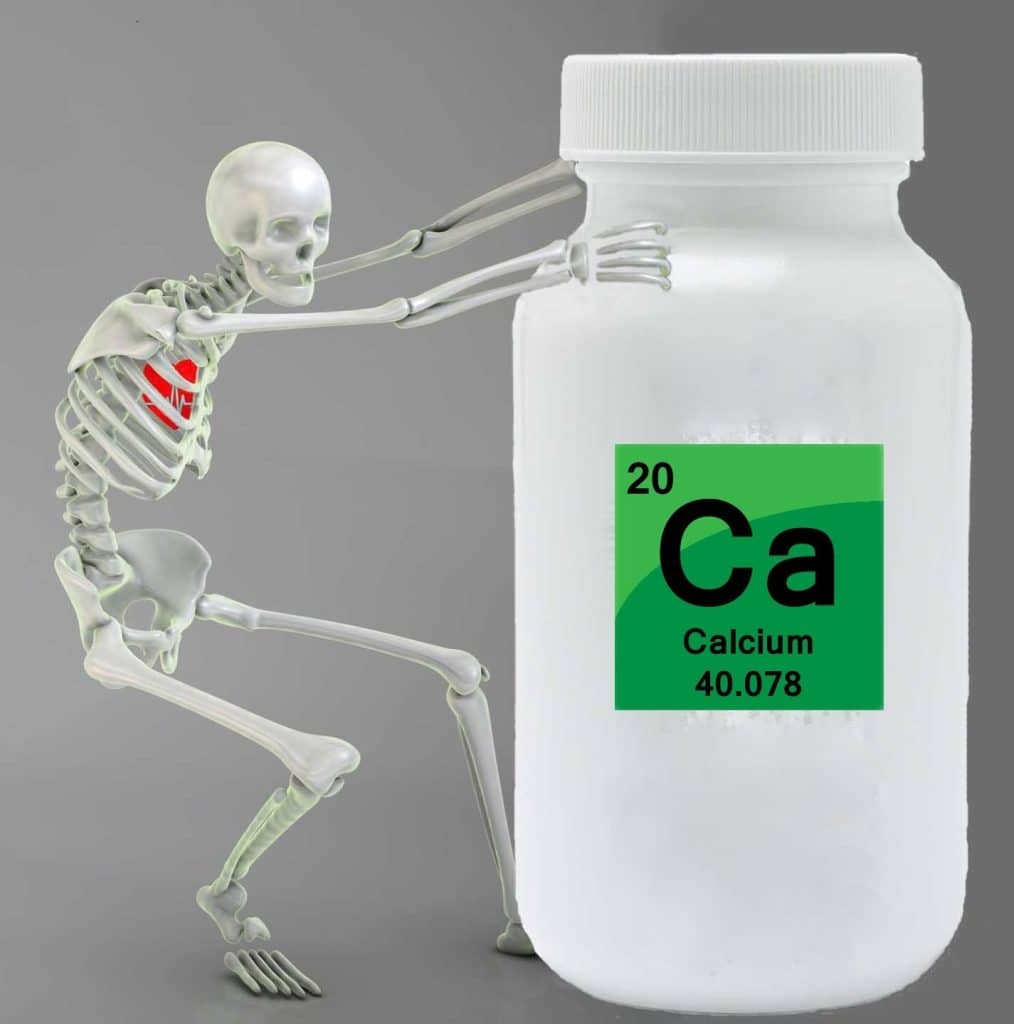
Calcium is perhaps best known for its role in supporting strong bones and teeth, but its functions as an electrolyte extend far beyond that. It is critical for muscle contraction, including the heart muscle. By facilitating the binding of actin and myosin, the proteins that enable muscles to contract, calcium is an essential player in muscular functions.
Furthermore, calcium is critical in the blood clotting process and helps maintain normal cell function. Hypocalcemia, or low calcium levels, can lead to confusion, memory loss, muscle spasms, and numbness. Hypercalcemia, or high calcium levels, can lead to kidney stones, cognitive issues, and heart rhythm abnormalities.
Importance Of Bicarbonate
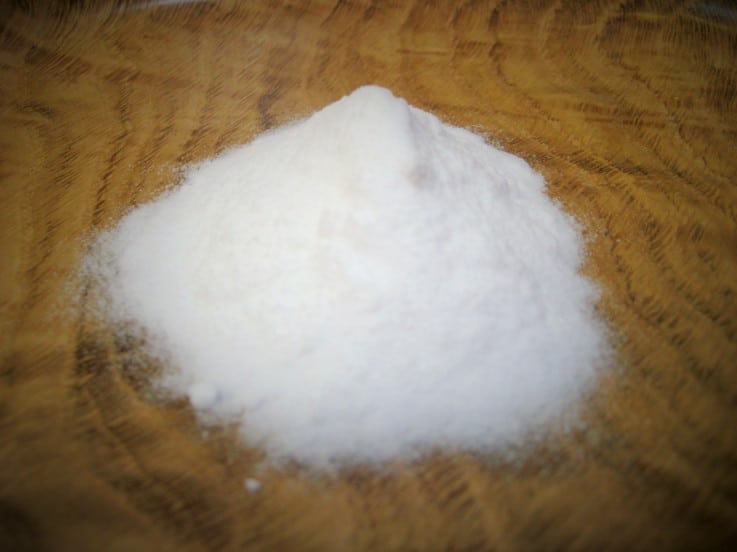
Bicarbonate serves as one of the body’s primary pH regulators. It helps maintain a stable pH level in the blood and other body tissues, preventing conditions like acidosis and alkalosis. Bicarbonate essentially neutralizes acids in the body, keeping your systems functioning optimally. Notably, bicarbonate also aids in the digestive process.
It’s a key component of pancreatic secretions, helping to neutralize stomach acid as it enters the intestines. Without adequate bicarbonate, your digestive processes could be disrupted, leading to conditions like acid reflux and ulcers. A severe bicarbonate deficiency can lead to metabolic acidosis, a condition characterized by an overly acidic environment in the body.
Understanding Magnesium’s Role
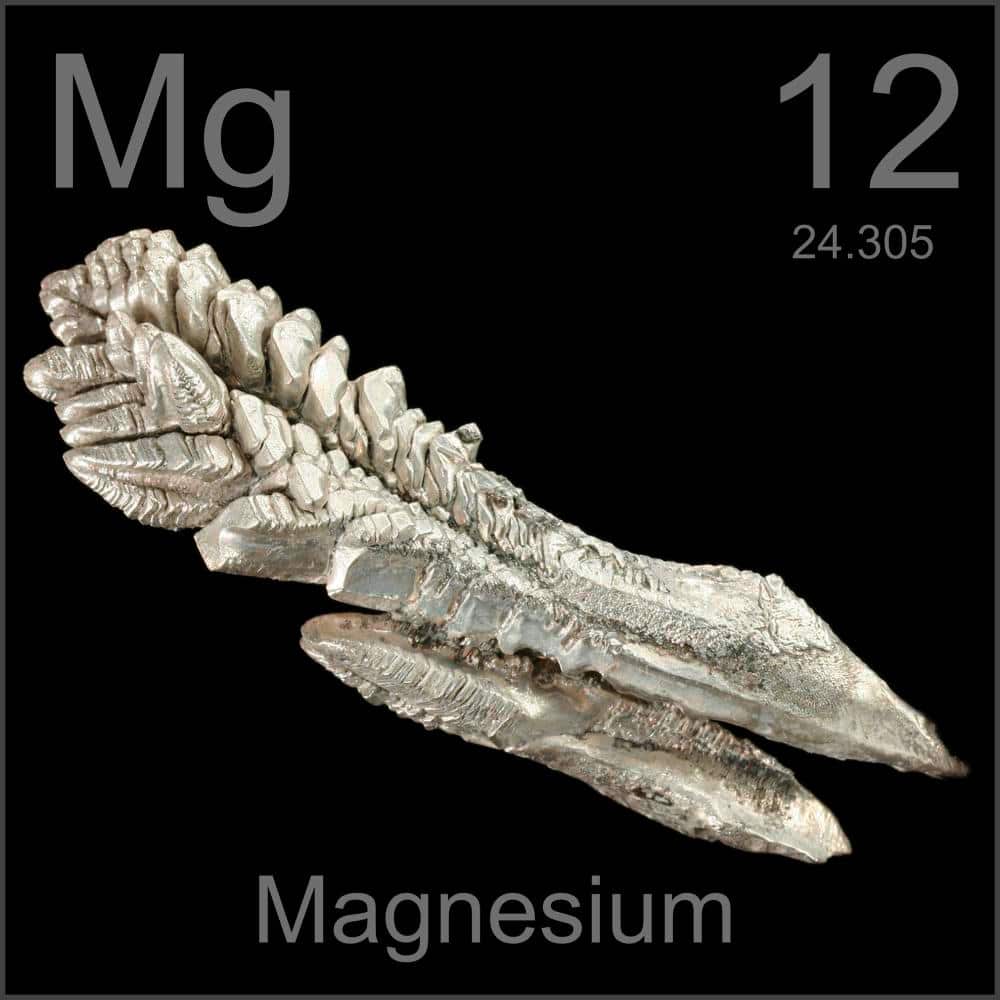
Magnesium plays a fundamental role in over 300 enzymatic reactions within the body, making it a crucial electrolyte. It is involved in processes that produce ATP, the molecule responsible for storing and transporting energy in cells. Without adequate magnesium, your body would struggle to produce the energy required for various biological reactions.
Moreover, magnesium is integral for nerve function, protein synthesis, and blood sugar control. It also contributes to the structural development of bones and helps maintain a steady heartbeat. Hypomagnesemia, or low magnesium levels, can cause symptoms such as muscle twitches, fatigue, and high blood pressure. On the other hand, hypermagnesemia, or excessively high magnesium levels, can lead to irregular heartbeat and cardiac arrest.
Role Of Chloride In The Body
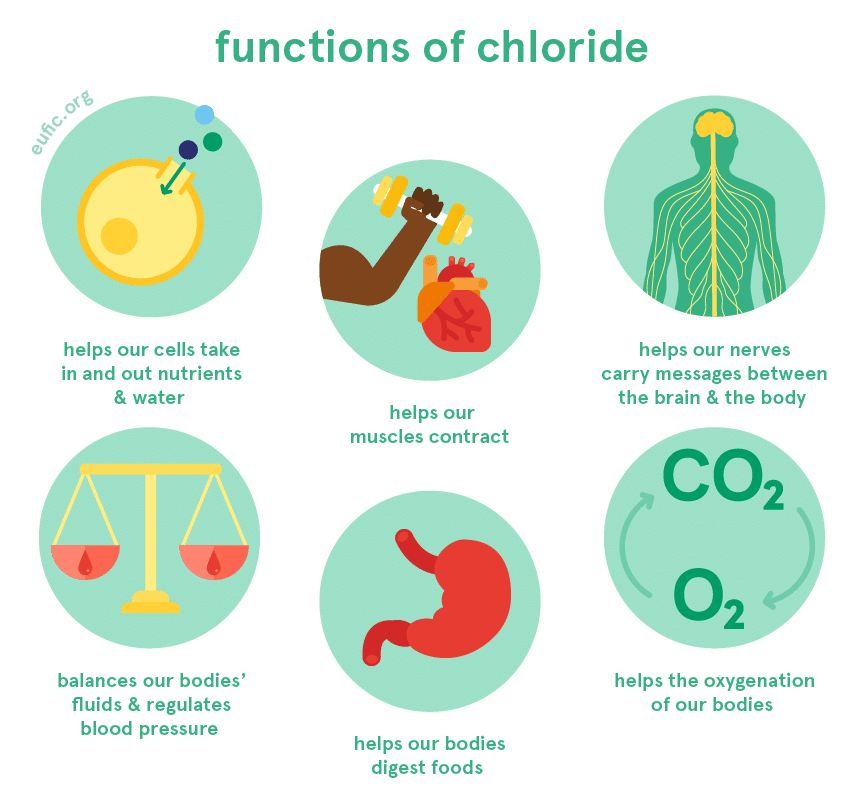
Chloride, another vital electrolyte, aids in maintaining fluid balance, much like sodium and potassium. It helps regulate the amount of fluid inside and outside cells and maintains blood volume, blood pressure, and pH of your body fluids. Without adequate chloride, your body’s fluid balance could be disrupted.
Additionally, chloride plays a crucial role in producing gastric juice. It is a part of hydrochloric acid, the strong acid released into the stomach to aid in the digestion of food. Hypochloremia, or low chloride levels, can lead to metabolic alkalosis, causing symptoms like muscle twitching and hand tremors. Hyperchloremia, or high chloride levels, can result in weakness, dehydration, and kidney diseases.
Phosphate’s Contribution To Body Functioning

Phosphate plays a multifaceted role in the body. It is an essential part of your DNA and RNA structure and necessary for energy production. Phosphate is used in the creation of ATP, the molecule your body uses for energy storage and transfer. Furthermore, phosphate is crucial for bone and teeth health.
It pairs with calcium to form calcium phosphate, a component of hydroxyapatite, the hard, structural material found in bones and teeth. Hypophosphatemia, or low phosphate levels, can lead to muscle weakness, bone pain, and confusion. Hyperphosphatemia, or high phosphate levels, can result in joint and muscle pain and itchy skin.
The Importance Of Maintaining Electrolyte Balance
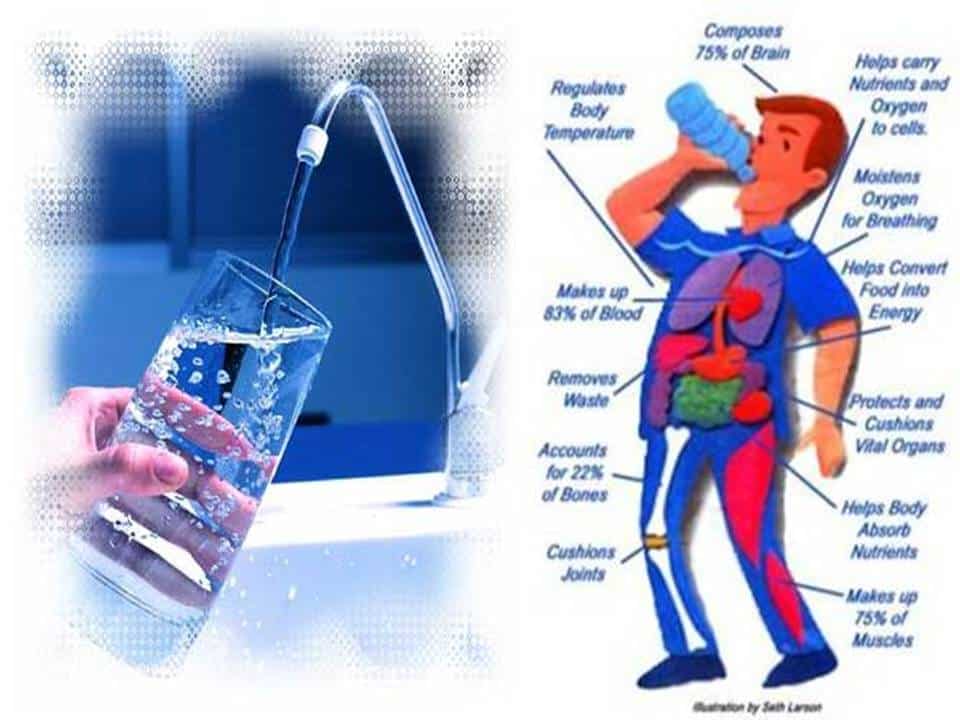
As you have been learning, maintaining a balance of electrolytes is crucial for your body’s optimal function. An imbalance can lead to various health issues, from minor symptoms like fatigue and muscle cramping to severe complications such as seizures and heart rhythm disturbances. This balance is often maintained through a well-regulated diet and adequate hydration.
Electrolyte imbalances can also indicate underlying health issues. They might signify problems such as kidney disease or hormonal imbalances requiring medical attention. Therefore, if you’re experiencing symptoms related to electrolyte imbalances, it’s crucial to seek medical advice to identify and address potential underlying causes.
Be Mindful Of The Crucial Role Electrolytes Play In Your Body!
As you’ve seen, electrolytes play an indispensable role in your body, from maintaining fluid balance and regulating nerve function to assisting in muscle contractions and pH regulation. A healthy balance of electrolytes is crucial for optimal health, and imbalances can lead to various health complications. Therefore, a balanced diet and proper hydration are key to maintaining these levels. By understanding the roles and importance of electrolytes, you can make more informed decisions about your health and wellness, paving the way for a healthier future.


